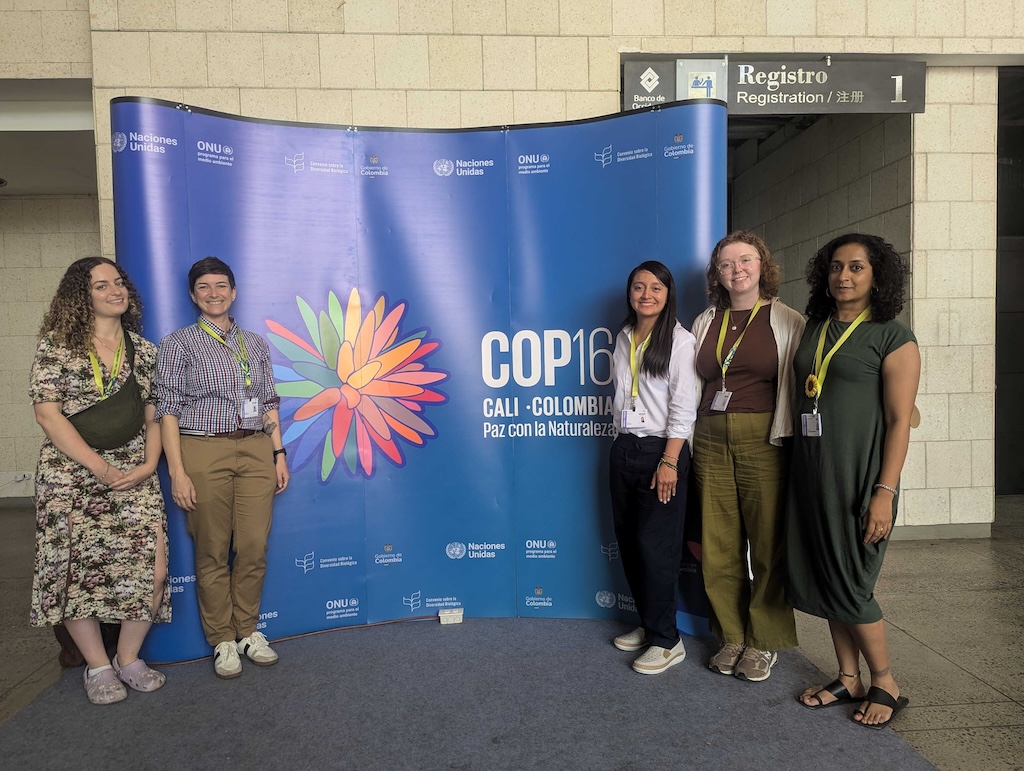
Plastics are everywhere, even in our bodies
We ingest equivalent of credit card per week — how worried should we be? In ‘Harvard Thinking,’ experts discuss how to minimize exposure, possible solutions.

We ingest equivalent of credit card per week — how worried should we be? In ‘Harvard Thinking,’ experts discuss how to minimize exposure, possible solutions.

Researchers from the University of Adelaide, University of Melbourne, Australian National University and One Basin CRC will pilot a new strategy for assessing the risk climate change poses to water resources.

Welcome to Carbon Brief’s Cropped. We handpick and explain the most important stories at the intersection…
The post Cropped 23 October 2024: COP16 kicks off; Water woes; Coral bleaching ‘worst
August 2024 was the hottest month on record, capping Earth’s hottest summer since global records began in 1880. Heat stress is now the leading cause of weather-related deaths around the world,
This study reveals that variability in sea surface temperature in key oceanic surface currents has a distinct and robust influence on the local atmospheric
Through their effects on soil hydraulic properties, soil texture and sand content are shown to have broad implications for the terrestrial water cycle and
Nitrogen isotope evidence of Mid-Devonian photosymbiotic associations in certain types of corals suggests that autotrophic and heterotrophic corals co-existed on extinct reefs, as today,
Scientists are increasingly arguing that coral-reef restoration is a lost cause — but done right, it can still benefit ecosystems and local communities.

A potable water shortage and a toxic stew of sewage and other pollutants that Hurricane Helene’s flooding left behind have prompted a race to avert a public health crisis in North

In the mountainous area near Asheville, affected growers must now replenish water-logged and often tainted landHurricane Helene took much from western North Carolina where I live, farm and raise my family.